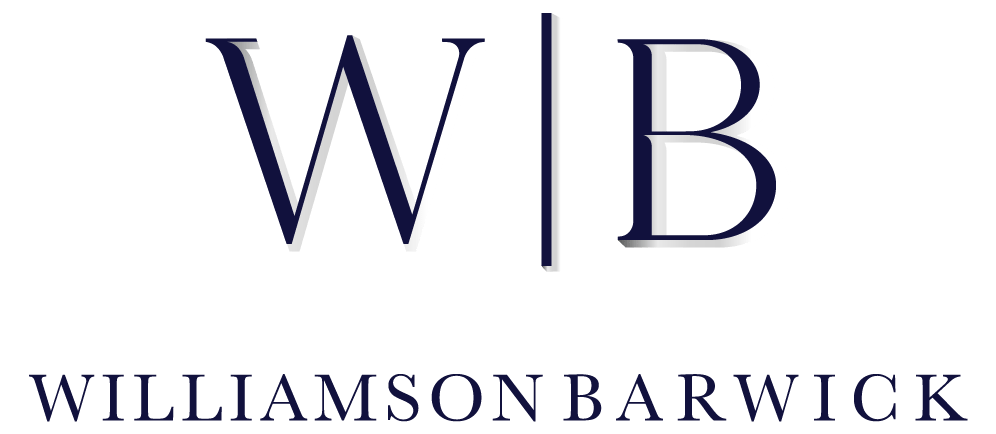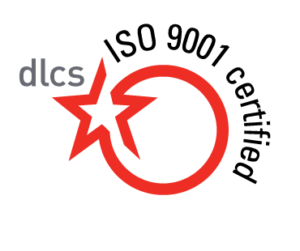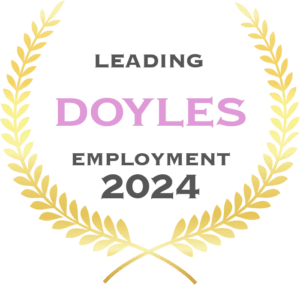
Multi-employer bargaining is a process in which multiple employers, often in the same industry or sector, negotiate with a group of employees or their representatives, such as a trade union.
The passage of the Secure Jobs Better Pay Act 2022 (SJBP Act)has made it easier for employees and employers to engage in multi-employer bargaining as the SJBP Act broadens the existing streams of bargaining and reduces barriers for employees and employers to bargain together for a multi-enterprise agreement.
In this article, our experts at WilliamsonBarwick aim to answer all your questions about multi-employer enterprise bargaining, offer insights about how it is being used in Australia, and provide useful, actionable advice to help you navigate your responsibilities.
What is Multi-Employer Bargaining?
In industries hosting various employers, such as childcare, cleaning, and aged care to name a few, this mechanism empowers employees to consolidate their efforts to facilitate an increase to their terms and conditions of employment. Additionally, the ability to negotiate collectively allows employees greater leverage and bargaining power, which could translate into increased wages.
While multi-employer bargaining can provide greater stability in labour relations, different employers have different capacities and priorities. These agreements, where they are adopted, may reduce the scope for operational flexibility with some companies may be losing their ability to differentiate themselves from competitors as the multi-enterprise agreement may fail to properly take into account the industrial realities of the company’s operations.
Nevertheless, collective, multi-enterprise agreements are common in several countries worldwide. Many experts see it as a potential solution to pay stagnation and an opportunity to improve working conditions. In Europe, in particular, the promotion of sectoral bargaining substantially boosts multi-employer bargaining, assuring uniformity and consistency in industry standards and working conditions across all businesses and sectors.
The Legal Framework Governing Multi-Employer Bargaining in Australia
The Fair Work Act 2009 (FW Act) is the core legislation supporting the concept of multi-employer bargaining. However, the Federal Government believes the Act doesn’t go far enough with Prime Minister Albanese stating:
‘The Fair Work Act has not adequately facilitated multi-employer collective bargaining. This is a particular issue for those industries where employees are low-paid and lack industrial power. Labor will improve access to collective bargaining, including where appropriate through multi-employer collective bargaining.’
As a result, in what has since been seen as a historical event, both the upper and lower houses of Parliament gave the green light and passed the Secure Jobs Better Pay Bill 2022, with the amendments to the FW Act for multi-employer bargaining beginning on June 6, 2023.
As an employer, the new push towards a new supported bargaining stream will subsequently impact your future negotiations and management strategies.
How does the Secure Jobs Better Pay Act Change Existing Multi-Enterprise Agreement Streams?
From 6 June 2023, labour unions have the prerogative to lodge applications to the Fair Work Commission (FWC) to compel employers to enter negotiations for multi-enterprise agreements.
The different streams of bargaining are:
- Single-interest bargaining
- Supported bargaining
- Cooperative bargaining
Single-interest employer authorisations and agreements
The SJBP Act enables two or more employers with clearly identifiable common interests to more easily bargain together by removing the requirement to obtain a Ministerial declaration. An employee or employer may directly apply to the FWC to obtain a ‘single interest employer authorisation’ on the basis that the employers are either franchisees of the same franchisor or ‘common interest employers’.
To determine whether employers are ‘common interest’, the FWC will consider relevant factors including the nature of the enterprises, terms and conditions of employment in those enterprises, their geographical location and whether they are subject to a common regulatory regime.
In order not to be covered by single interest authorisation or agreement, employers must establish that the operations and business activities of each employer are not reasonably comparable with those of the other employers to be covered by the agreement.
This stream significantly changes the previous bargaining processing by providing the FWC with a power to compel a group of employers to bargain without their consent, where it is satisfied there is a common interest. A small business with fewer than 20 employees can only participate in this stream by consent.
Employers and employees who are covered by a current enterprise agreement, or an employer who has already agreed in writing to bargain for a replacement single-enterprise agreement cannot be compelled to bargain for a single interest employer agreement.
Supported bargaining authorisations and agreements
The supported bargaining stream replaces the low-paid bargaining stream, which encourages low-paid employees and their employers to negotiate a purpose-built enterprise agreement. The SJBP Act aims to simplify enterprise bargaining and provide additional support for employees in low-paid industries, such as aged care, disability care and early childhood education.
Employees can apply to the FWC to obtain a Supported Bargaining Authorisation where it is satisfied that it is appropriate after taking into account the prevailing pay and conditions in the relevant sector. The FWC must also consider whether the employers have clearly identifiable interests and whether the likely number of bargaining representatives is manageable. An approved agreement may be varied to cover additional employers in certain circumstances.
Alternatively, the Minister may make a declaration in relation to a particular industry, occupation or sector to facilitate entry into the supported bargaining stream. This waives the requirement of the FWC to consider the factors outlined above.
Within the supported bargaining stream, a single bargaining representative may apply to deal with a bargaining dispute, although the FWC can direct relevant third parties to attend conferences if their participation is necessary to form an agreement.
Where an agreement is not reached, the FWC may make a binding workplace determination through the intractable bargaining declarations process to establish the terms and conditions of employment in place of an enterprise agreement.
Cooperative workplace authorisations and agreements
Cooperative workplace agreements can be made by employers who have agreed to bargain together where they are not included in a single interest authorisation or supported bargaining authorisation. This replaces the existing multi-employer bargaining stream and participation in this stream is voluntary.
The FWC must be satisfied that at least some of the employees are represented by a union, and the cooperative workplace agreement must be approved by a majority vote of employees and pass the Better Off Overall Test. Protected industrial action is not available under this stream, and all parties need to consent to any conciliation or arbitration of bargaining disputes by the FWC.
Exclusions from Multi-Enterprise Agreements
The government agreed to exclude general building and construction work from coverage by a multi-enterprise agreement. This includes work in the civil construction sector, however, it does not include work in the asphalt industry.
Key Takeaways
The Australian industrial relations system has undergone significant reform to enhance access to enterprise agreements and reduce obstacles to multi-employer bargaining. Unions have played a significant role in the reform process by successfully championing workers’ rights in courts and industrial tribunals.
The SJBP Act reforms have altered the power dynamics between employees and employers for multi-employer bargaining in Australia, with fewer limitations to initiate bargaining and greater access to new bargaining streams which are the single-interest employer authorisations, supported bargaining authorisations and cooperative workplace authorisations.
Choose a law firm employers trust
Employers cannot overlook the complexities of multi-employer bargaining and the impact of recent legislative changes. As every workplace is unique, your approach to these issues should be, too.
For personalised advice on employment law, contact us at WilliamsonBarwick. Our team of expert employment lawyers is ready to help you make sense of it all and ensure your business stays resilient and compliant.











